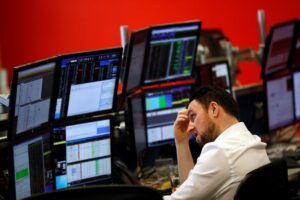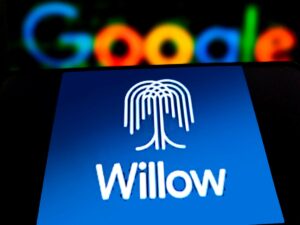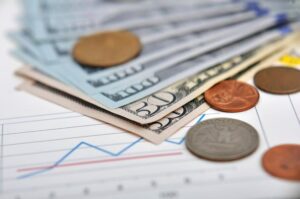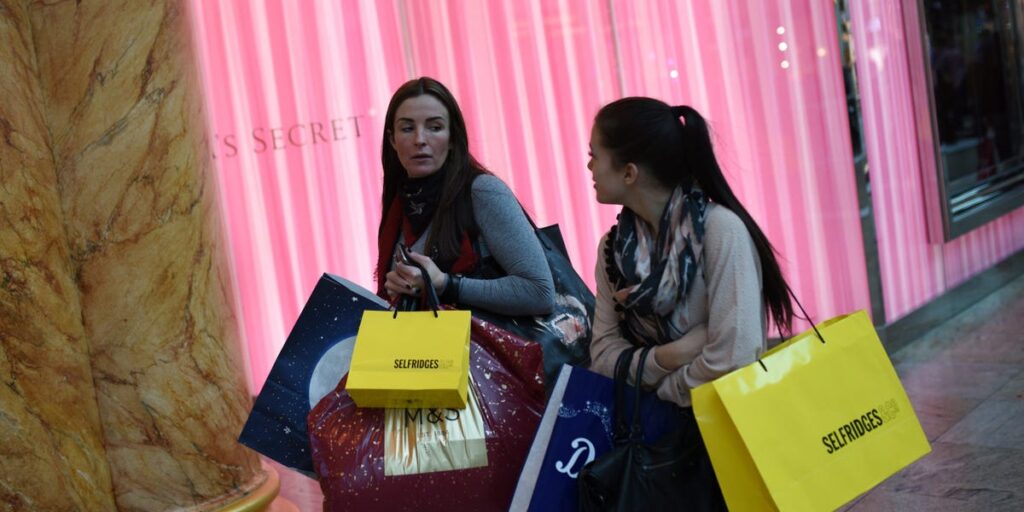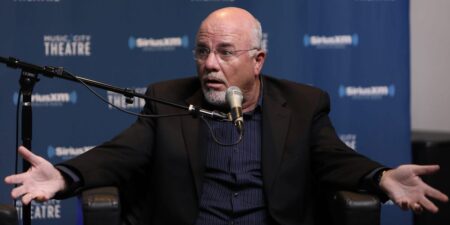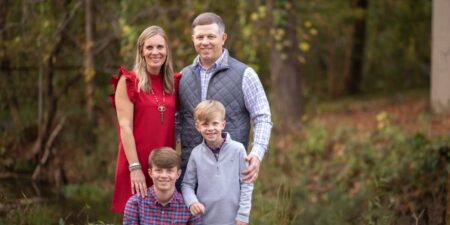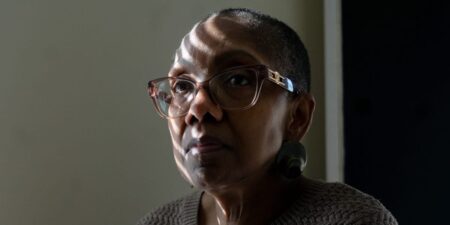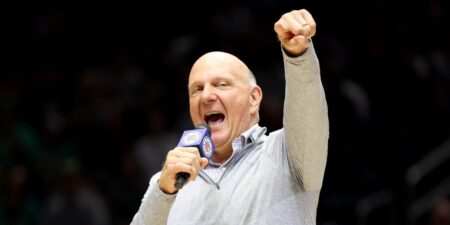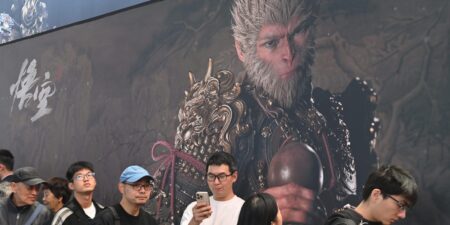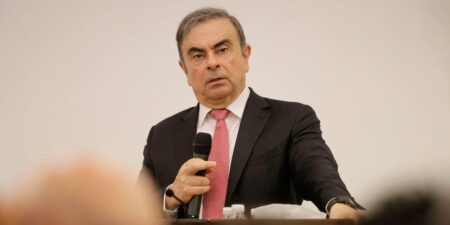- An uptick in personal care spending could be a sign US consumers are feeling more confident.
- Better-than-expected retail sales last month point to a coming “treat yourself economy.”
- Consumers may be looking for more indulgent products as the economy starts to bounce back.
Long, flowing locks and perfectly pampered skin are signs the economy is on the up and up — or at least, US consumers are acting like it.
An uptick in retail sales and personal care spending in recent months suggests people are increasingly treating themselves to some of the luxuries they may have been forgoing amid recent recession concerns and inflation troubles.
Retail sales rose in August, according to federal data — clocking in a 1.4% gain from the same period last year. That was a better read than economists had expected.
Those rising numbers point to a trend that Washington Post reporter Heather Long dubbed the “treat yourself economy” in a conversation with Marketplace last week.
“This feels like the year of the mini splurge,” Long told the outlet. “That’s a really healthy sign for the economy.”
Buyers often reward themselves for enduring tough economic times by upgrading their personal goods and services selections, Peter C. Earle, senior economist at the American Institute for Economic Research, told Business Insider.
Long pointed to one example of such a “reward” — the “Utah hair trend,” which has exploded on TikTok and other social media platforms in recent weeks after being popularized by the stars of Hulu’s hit reality series “The Secret Lives of Mormon Wives.”
Some women are spending up to $2,000 for human hair extensions and styling services to achieve the perfect waist-length waves, a hairstylist recently told The Wall Street Journal.
It’s an expensive trend that may have been less achievable a year or two ago when personal care spending was down nationwide.
During recessions or economic downturns, consumer behavior in personal care shifts toward an essentials-only posture, with people prioritizing necessities such as soap and shampoo over more specialized items, Earle said.
The “lipstick effect” is an economic theory that posits sales of affordable luxuries, such as lipstick, rise during recessions as people seek an “emotional lift without breaking the bank,” Earle said.
As the economy begins to recover, consumers generally regain confidence and increase their discretionary spending patterns, happily adding more than just lipstick to their shopping carts, Earle said.
In the second quarter of 2024, US consumers spent more than $200 billion on personal care products, up from $199 billion in the first quarter and $193 billion in the second quarter of 2023, according to September data from the Bureau of Economic Analysis adjusted at annual rates.
“There is a notable shift from basic or low-priced necessities toward the more indulgent products and services,” Earle said. “Consumers are more willing to spend on the luxury or higher-quality personal care items they avoided during the downturn, such as high-end hair care or designer skincare goods.”
Read the full article here


